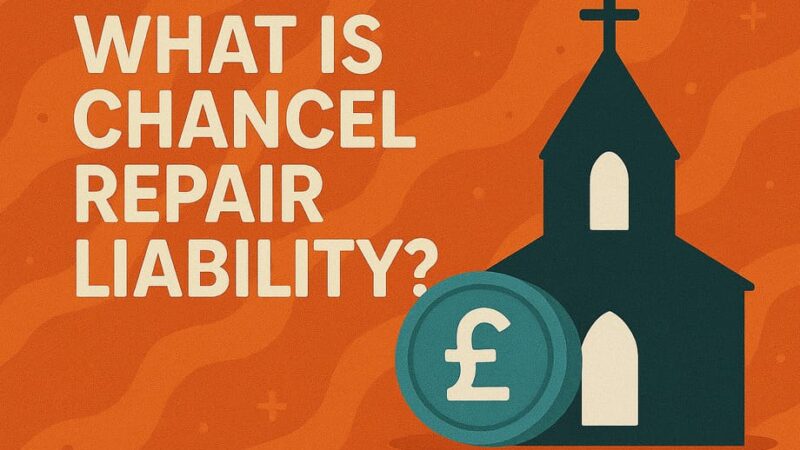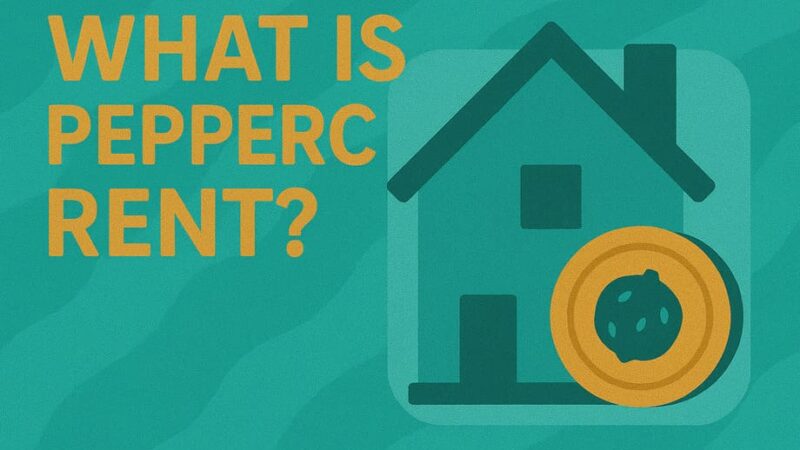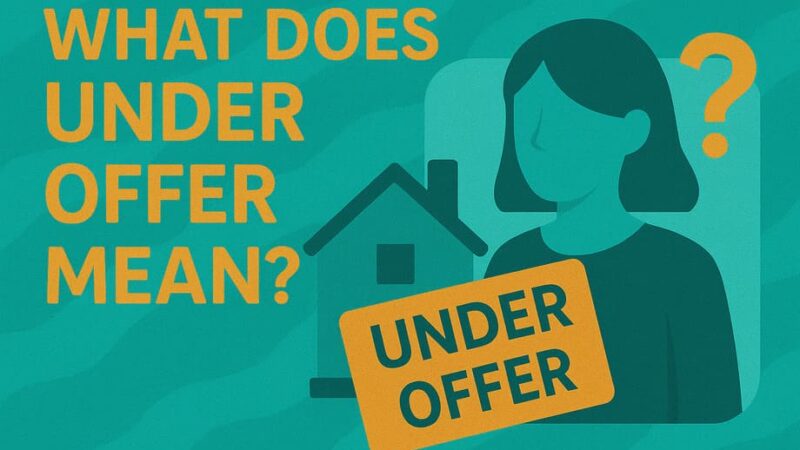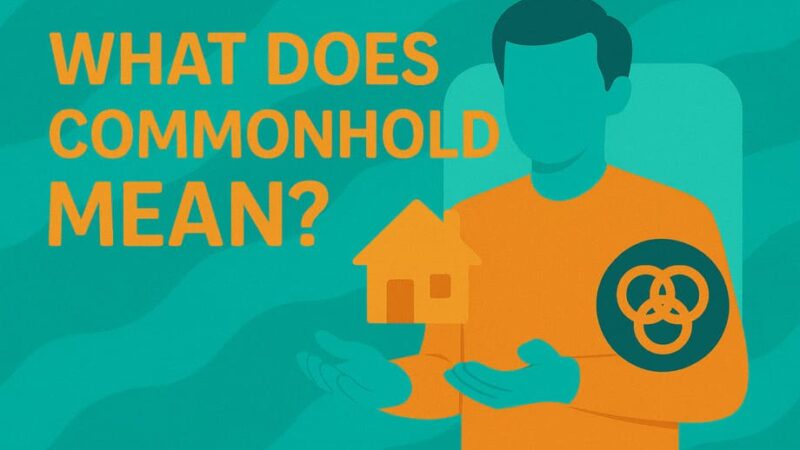How to Get a Mortgage with Bad Credit in the UK
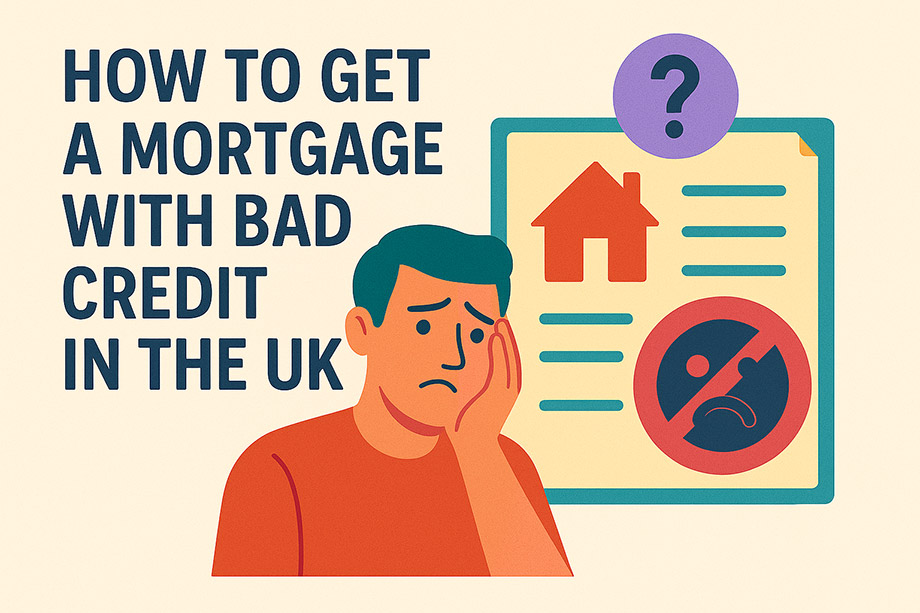
Buying a home is a major milestone, but if you have a poor credit history, the path to homeownership can feel daunting. The good news is that having bad credit doesn’t mean you have to give up on getting a mortgage. Many UK lenders now offer products specifically for people with less-than-perfect credit. While the process might be more complex, it is absolutely possible to secure a mortgage, even if your credit score isn’t ideal.
In this guide, we’ll walk you through everything you need to know about getting a mortgage with bad credit in the UK. We’ll cover practical steps to improve your chances, what lenders look for, and the pros and cons you should be aware of.
Table of Contents
What is Considered Bad Credit in the UK?
Bad credit usually refers to a history of missed payments, defaults, County Court Judgements (CCJs), Individual Voluntary Arrangements (IVAs), or bankruptcy. It can also result from a lack of credit history, which gives lenders little to base their decision on.
Credit scores vary depending on the credit reference agency, but generally:
- A score below 561 with Experian is considered very poor.
- A score below 439 with Equifax is considered poor.
- A score under 550 with TransUnion is considered poor.
Each lender uses their own criteria when assessing applications, so even if one lender says no, another might say yes.
Can You Get a Mortgage with Bad Credit?
Yes, you can. Several specialist lenders cater to people with adverse credit. Mainstream banks may be more cautious, but a mortgage broker with access to the whole market can help you find lenders more likely to approve your application.
Your chances of being approved will depend on several factors including:
- The severity and age of your credit issues
- Your income and employment status
- The size of your deposit
- The affordability of the loan
7 Tips for Getting a Mortgage with Bad Credit
Here are some expert-backed steps to improve your chances of securing a mortgage with poor credit:
1. Check Your Credit Report Thoroughly
Before applying, get copies of your credit report from all three major UK agencies: Experian, Equifax, and TransUnion. Look for any errors, outdated information, or fraudulent activity. Dispute anything that doesn’t look right.
2. Save for a Larger Deposit
The more money you can put down, the less risk you pose to a lender. While 5% deposits may be accepted by some mainstream lenders for those with good credit, applicants with bad credit may need 15% to 25%.
3. Use a Specialist Mortgage Broker
A broker who specialises in bad credit mortgages can guide you to the right lenders and help present your case more favourably. They can also save you time and avoid unnecessary credit checks.
4. Explain Your Credit Issues Clearly
Lenders are more likely to consider your application if you can explain the reason behind your poor credit. A short period of financial difficulty due to illness or redundancy is more understandable than consistent missed payments.
5. Keep Your Finances Stable
Avoid taking on new credit, applying for loans, or making big purchases in the months leading up to your mortgage application. Stability in your spending habits and bank statements builds trust.
6. Register on the Electoral Roll
Being on the electoral roll at your current address helps lenders confirm your identity and adds credibility to your application. It’s a simple but important step.
7. Consider a Guarantor Mortgage
If you have a family member or close friend with good credit who is willing to act as a guarantor, this can significantly improve your chances. They agree to cover your repayments if you can’t, giving lenders added reassurance.
Pros and Cons of Getting a Mortgage with Bad Credit
| Pros | Cons |
|---|---|
| Homeownership becomes achievable | Higher interest rates |
| Builds your credit profile | May require a larger deposit |
| Access to specialist lenders | Limited lender options |
| Option to remortgage in future at better rates | Potential fees from brokers or lenders |
It’s crucial to weigh these factors carefully. A bad credit mortgage can be a stepping stone to future financial stability, but only if you can manage the repayments comfortably.
Final Thoughts
Securing a mortgage with bad credit in the UK may be challenging, but it is far from impossible. By understanding your financial position, taking steps to improve your creditworthiness, and working with the right professionals, you can move one step closer to owning your own home.
Every situation is unique, so it’s often worth speaking to a specialist mortgage advisor who can tailor advice to your circumstances. Remember, even if you start with a higher-rate bad credit mortgage, it can be a stepping stone to a more favourable deal in the future.
Last Updated on July 29, 2025 by James Cartwright


